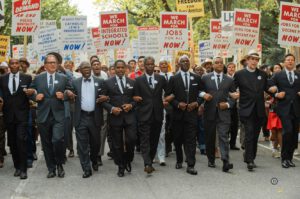
Bayard Rustin was a genius at organizing mass events, but few Americans know anything about him–and this is just what the makers of the new Netflix film RUSTIN hope to correct. For details of his exciting story, I refer you to my review, found elsewhere on this site. What I want to address here is how he was hidden from sight for so long and how his slow emergence into the light of history reflects how the view of society toward homosexuality has been changing from the heyday of the Civil Rights Movement to now.
Bayard Rustin first entered into MLK’s life during the famous Montgomery Bus Boycott in 1956. Rustin had been working for many years in New York with the Fellowship of Reconciliation, a pacifist organization and A. Philip Randolph, founder and president of the Brotherhood of Sleeping Car Porters, who was his mentor. At Randolph’s request Rustin traveled to Montgomery to advise Dr. King. It was he who convinced the boycott leader to put aside his personal gun and the armed men guarding his house and accept nonviolence. (During his time in prison–for refusing to enroll in the armed forces during World War 2–Rustin had learned about Gandhi. In 1948 he had gone to India, and though too late to meet the Apostle of Nonviolence due to his assassination that January, did study satyagraha (Gandhi’s term for nonviolence) under Gandhi’s top associates.
Sadly, in the lengthiest film treatment of the life of Dr. King, the 1978 made-for-television miniseries King there is no mention of Rustin. And this otherwise wonderful film was written and directed by Abby Mann, a friend of Dr. King’s. He surely must have known about the relationship between the two (beautifully depicted in the Netflix film). It must have been either Mann’s or the NBC executives’ conscious decision to omit Rustin because his gay lifestyle was so controversial at that time. Gays were being arrested and jailed, even in the coast cities of the East and the West which were more liberal than he heartland. Their convictions were contested in the courts, and some 18 years after Mann wrote his script, the Supreme Court upheld the conviction of a Georgia gay man (See Bowers v. Hardwick, 1986, thus affirming state laws that made gay acts a crime.
Equally sad, Dr. King himself left out his once trusted adviser and friend in his first book, the autobiographical Stride Toward Freedom. When I checked the Index, I did not find Rustin’s name. Thinking maybe that the compiler might have overlooked this, I read through several chapters dealing with the beginning of the Boycott but found no mention of his presence. The book was published in 1958, two years before the author and Rustin were forced to part company (depicted in the film as caused by homophobic Congressman Adam Clayton Powell’s threat to publicly proclaim that King and Rustin were lovers if he did not resign from the SCLC). Thus, I thought that it must have been out of fear of controversy that Dr. King omitted him.
I wondered if this was King’s own or the concern of his publisher. And how did Rustin feel about this–after all, he was so close to the King family that the children called him “Uncle Rustin.” Corretta was close to him too, obviously not sharing the public fear that a homosexual would seduce children. Then, about ten minutes ago, I opened the Nov. 23rd issue of The New Yorker and read Adam Gopnik’s informative (and for me very timely article about Rustin, “The Organizer.” He informs us that Rustin heavily influenced the writing of King’s memoir, that he left himself out of the book because he didn’t want segregationists to link King with himself, an accused Communist (and he could have added, homosexual).
It is thanks to another film, HBO’s 2001 Boycott, that film watchers were introduced to Bayard Rustin. He is well-played by Erik Todd Dellums as passionately devoted to nonviolence as he convinced Dr. King to get rid of guns. The great boycott leader had been introduced to Gandhi years before in seminary but had not accepted the Mahatma’s pacifism as a way of life. Rustin is also shown convincing King and his board members of seeing their boycott as part of a much larger picture, a movement having national implications. He was crucial in projecting Dr. King onto a national and international stage! Yet he himself was kept in the shadows because in 1953 he had been arrested on the West Coast and convicted as “a sex pervert.” The racist Senator Strom Thurmond used this information, plus Rustin’s short time during the 1930s as a member of the Young Communist League, to discredit the March on Washington.
By 2001 public opinion (except for most evangelical Christians) was shifting toward a more favorable opinion of homosexuals. After all, the American Psychiatric Association in 1973 removed homosexuality from its lists of mental disorders. The public’s view also was being informed and softened by Hollywood. Filmmakers slowly changed from depicting gays as effeminate freaks with a weak a handshake to more ordinary acting humans. One example is in the 1993 film Philadelphia in which matinée idol Tom Hanks sympathetically portrayed a gay lawyer dying of AIDs and Denzil Washington was a defense lawyer whose prejudice at first led him to decline his case of wrongful dismissal. The film was a huge groundbreaking success., both with critics and the public. The 1996 adaptation of the French film La Cage aux Folles , a comedy about the foibles of a gay pair who own a drag club in Florida, was even more successful at the box office. The Birdcage, starring Robin Williams, Nathan Lane, Gene Hackman and Dianne Wiest, grossed even more than Philadelphia.
Some churches also were re-examining their views of the Bible’s teaching on homosexuality. After the founding by gay ministers of the Metropolitan Community Church in 1968, the United Church of Christ became the first of the so-called mainline churches to ordain an openly gay clergy person in 1972. Lutherans, Presbyterians, and Episcopalians followed during the next few decades.
Just a few years after the release of The Birdcage, the Supreme Court, some of its members having come to regret their status quo-affirming decision in Bowers v. Hardwick, joined with new justices to over turn that decision. The Lawrence v. Texas decision in 2003 affirmed the legality of homosexual acts committed in the privacy of a home. Homosexuality is no longer a crime, though to a great many Christian churches it is a sin.
2003 was also the year that co-directors Nancy D. Kates and Bennett Singer released their documentary Brother Outsider the Life of Bayard Rustin on PBS. Through interviews and archival footage, the public was introduced to an amazing man, without whom the March on Washington would have been “impossible”–which NAACP president Roy Wilkins, when confronted by Rustin with the proposal for a massive march, thought it was in the Netflix film.
Rustin, I hope, depicts Bayard Rustin in such an appealing way that he will at last receive the honor and fame he deserves.
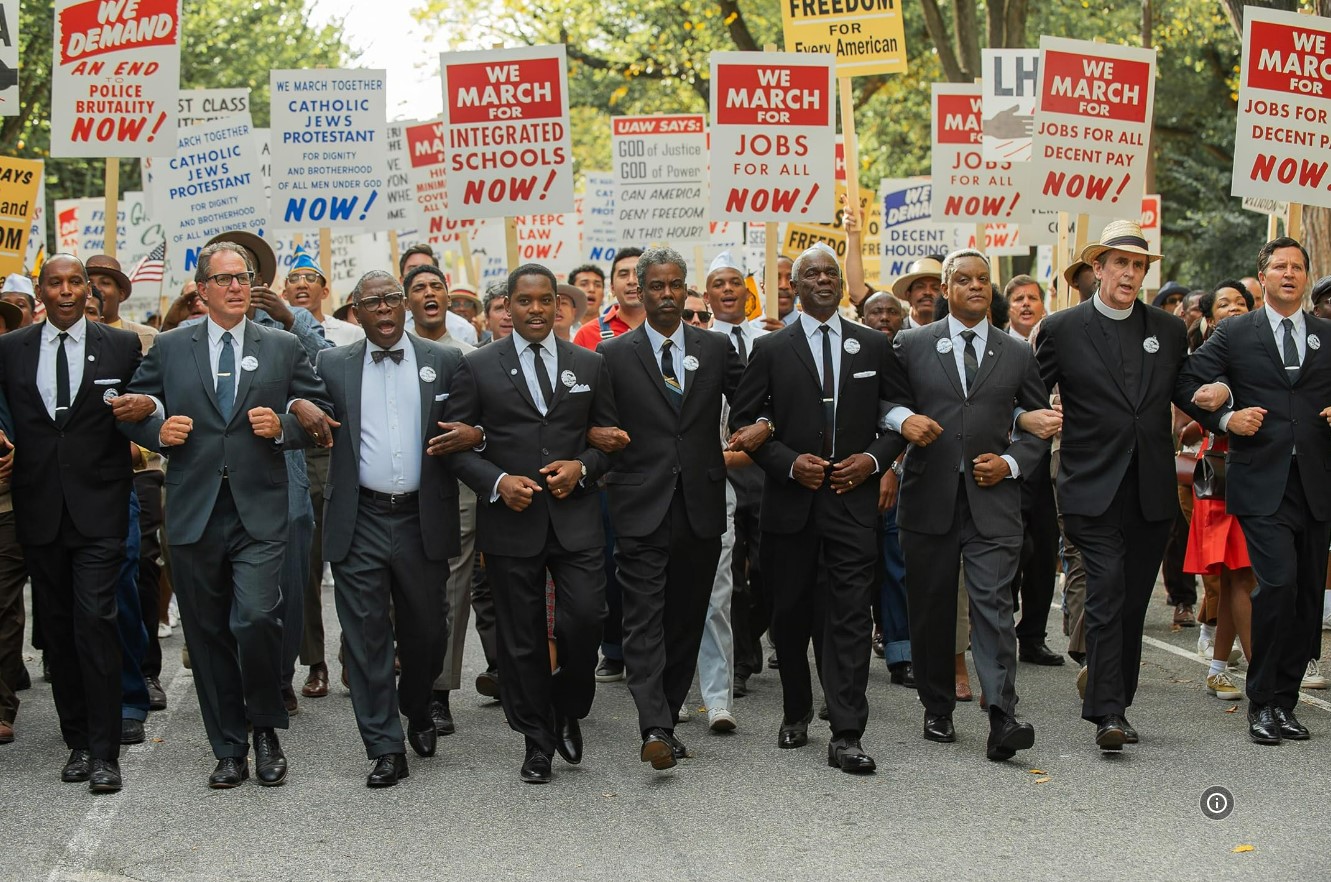
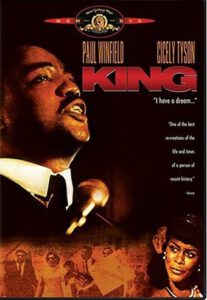
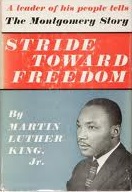
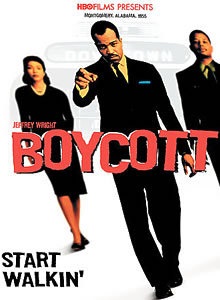

Thanks for calling our attention to this otherwise unknown hero of the civil rights movement. Our ignorance of his contribution to this movement parallels our ignorance of the Tulsa race riot and the murder of the Osage portrayed in Killers of the Flower Moon. My wife and I grew up in Oklahoma and had Oklahoma history (as a mandatory class in our public schools), but neither of us had learned anything about either of these two horrific events, and it is only in the past few years that we have learned about them. I suspect there are many other stories such as these that have been censored in our learning of history, because we are too ashamed to face them directly and honestly, or perhaps because we are afraid of what it might cost us to own them as our responsibility.